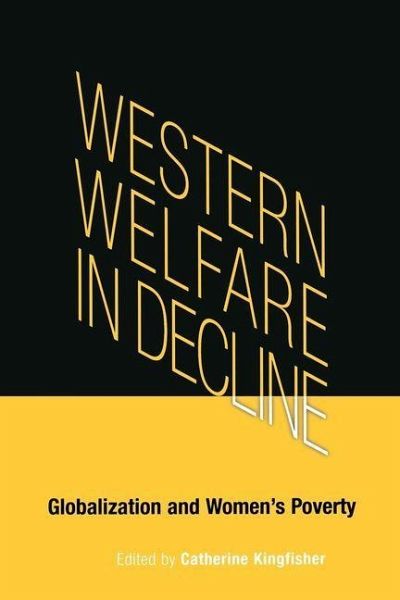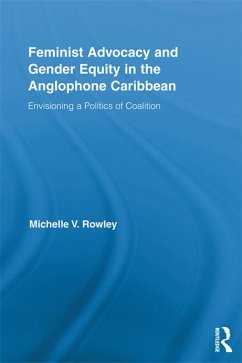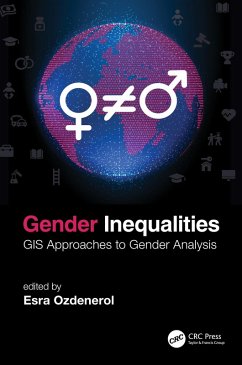
Western Welfare in Decline (eBook, ePUB)
Globalization and Women's Poverty
Redaktion: Kingfisher, Catherine

PAYBACK Punkte
13 °P sammeln!
The feminization of poverty is increasingly recognized as a global phenomenon, affecting women not only in third world countries but also in the West. Taking globalization as its starting point, Western Welfare in Decline explores the plight of poor single mothers in five English-speaking nations that have implemented welfare restructuring: the United States, Canada, Britain, Australia, and Aotearoa/New Zealand. This restructuring is analyzed in relation to the emergence of neoliberalism, which valorizes the free market, individualism, and a circumscribed role for the state.Contributors to Wes...
The feminization of poverty is increasingly recognized as a global phenomenon, affecting women not only in third world countries but also in the West. Taking globalization as its starting point, Western Welfare in Decline explores the plight of poor single mothers in five English-speaking nations that have implemented welfare restructuring: the United States, Canada, Britain, Australia, and Aotearoa/New Zealand. This restructuring is analyzed in relation to the emergence of neoliberalism, which valorizes the free market, individualism, and a circumscribed role for the state.
Contributors to Western Welfare in Decline creatively combine theoretical and empirical analysis, emphasizing the economic and social goals of welfare reforms and the discourses of labor, gendered subjectivity, and the separation of public and private spheres. They document how the neoliberal project of welfare reform interacts with local cultures to create both similar and divergent new cultural formations and identify opportunities for asserting the social rights of poor single mothers who are being denied these rights at the level of the nation-state.
Contributors to Western Welfare in Decline creatively combine theoretical and empirical analysis, emphasizing the economic and social goals of welfare reforms and the discourses of labor, gendered subjectivity, and the separation of public and private spheres. They document how the neoliberal project of welfare reform interacts with local cultures to create both similar and divergent new cultural formations and identify opportunities for asserting the social rights of poor single mothers who are being denied these rights at the level of the nation-state.
Dieser Download kann aus rechtlichen Gründen nur mit Rechnungsadresse in A, D ausgeliefert werden.













